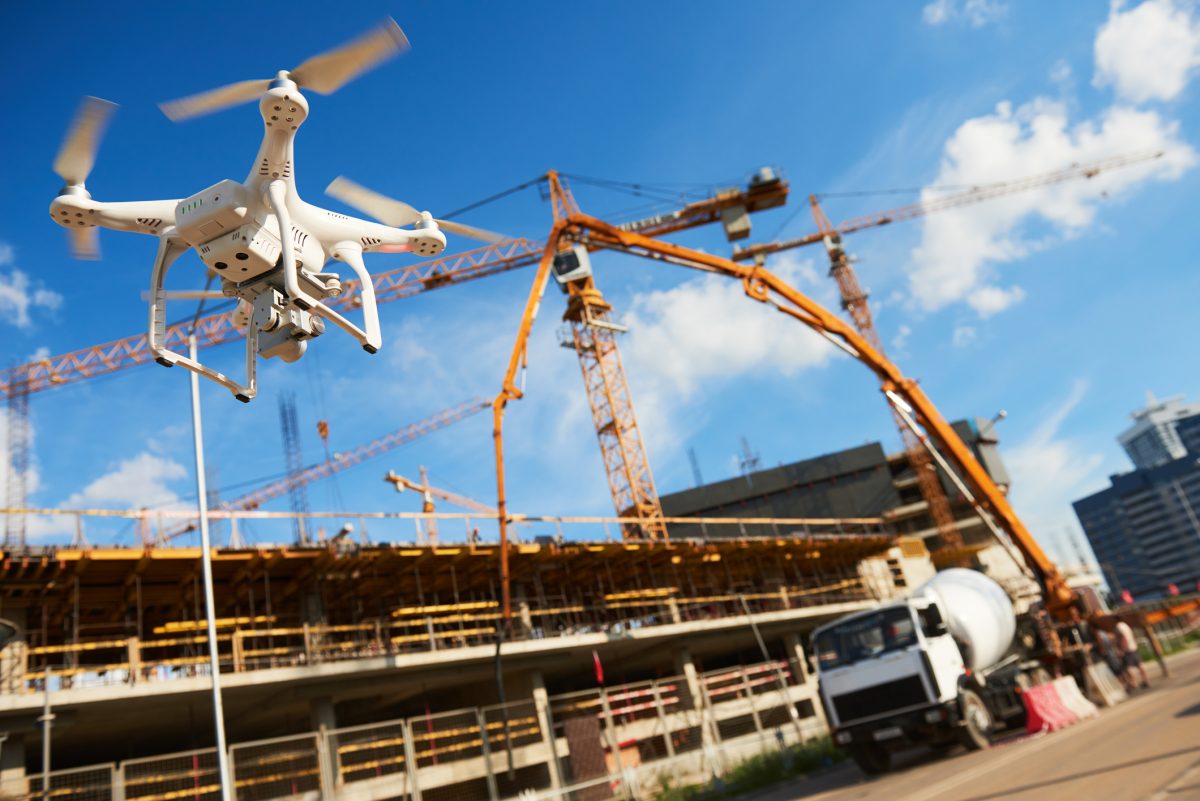According to recent market research, companies that have adopted digital technology and tools within the construction industry have reported a 15 percent increase in productivity. And greater productivity in the construction business equates to greater cash flow.
We all live in a digital world, and businesses that take advantage of the digital tools designed to make their lives (and work) easier, have a far easier time staying ahead of the curve and the competition.
Today, even amid the COVID-19 pandemic, technological advancement is continuing. And much of this technology can be utilized in the construction space to scale proficiency and productivity.
Though some contractors might prefer to stick to the traditional ways of doing things such as surveying land, or measuring areas, digital tools and equipment make these processes much more simplified, and it’s the number one reason why contractors and construction managers should embrace it.
Here, we’ll explore some of the top tech trends within the construction space.
Drones
Those who worry about Big Brother’s wary eye might scoff at the use of drones, or their heightened popularity in recent years. But drones have become useful in numerous ways in many tech businesses, as are those who are trained on how to operate them.
Drones are actually becoming a necessary practice in the construction world, and are becoming more prominent due to their increasingly easier and user-friendly operating systems.
Site surveys in years past relied on aerial photography that proved to be extremely costly. And on-site survey crews can also cost a contractor big money for services rendered, even with inaccurate survey measurements.
Today, surveys are completed much faster and are far more accurate by using drones than by other traditional methods. And the survey process is actually much safer because you don’t have to send a survey crew out across hazardous terrain.
Additionally, drones are also being used to monitor for safety compliance. So, watch out for the eye in the sky.
Artificial Intelligence
Artificial Intelligence isn’t the stuff of imaginative science fiction any longer. But don’t worry, Arnold isn’t coming back from the future to drive your backhoe.
Where most of us might relate AI to movies and computer science, this technology is making a huge impact in many industries, including within the construction space. In fact, today you can use AI to streamline planning and to improve productivity as well.
In addition, AI can also be used to monitor task progress along with tracking tools, personnel, and equipment.
For example, AI sensors can be embedded on virtually anything including gear vests of personnel for safety compliance reasons. You can also have sensors mounted on heavy equipment and other vehicles, even ¾ ton pickup truck rentals.
Robotics
Don’t worry, robots aren’t coming to replace your contracting job. At least, not yet.
Believe it or not, robots have been being used in a variety of ways on high-end construction projects for a while now. But it’s only been within the last few years that robotics have become user-friendly and cost-effective to be used across more of the construction industry.
Robots have been used in many ways, from tying rebar and laying bricks to loading and unloading heavy materials. This not only saves time, but it also saves workers from fatigue when it comes to labor-intensive work.
At this stage, most robotics have to be operated by a human user, otherwise they would fall into the AI category. But until these advanced robotics become autonomous and can execute complex decisions on their own, the need for human labor will still be required across a large part of the construction industry.
The advancement of our technology grows exponentially every day. And as the saying goes, the technology you invest in today will be obsolete tomorrow, is proving to be worth its weight in truth.
Construction is hard work, and with the developments in tech that can make all of our lives easier, it will ultimately make the lives of our essential construction professionals easier as well.

